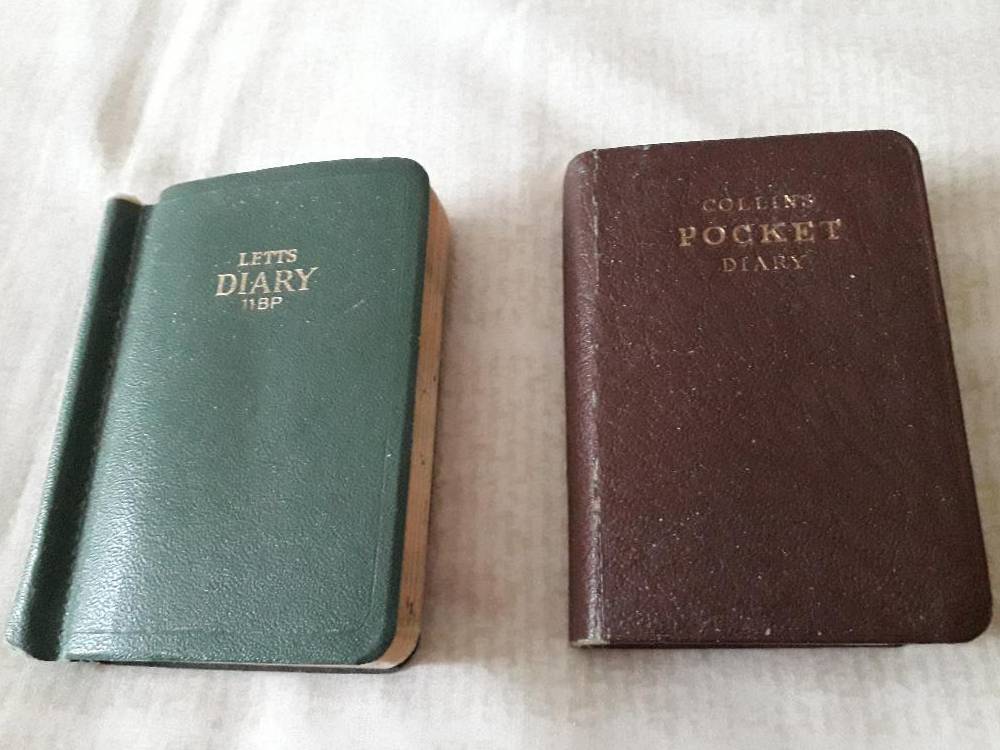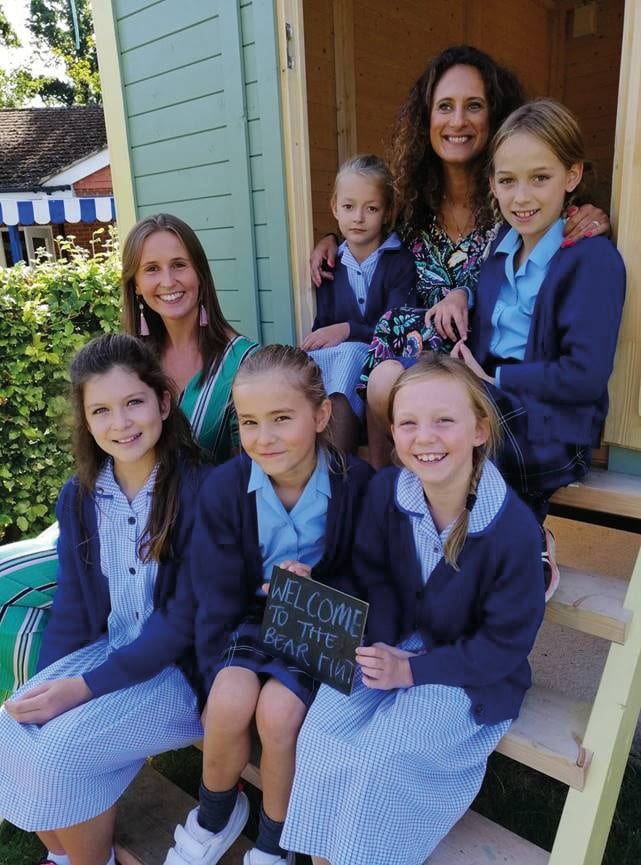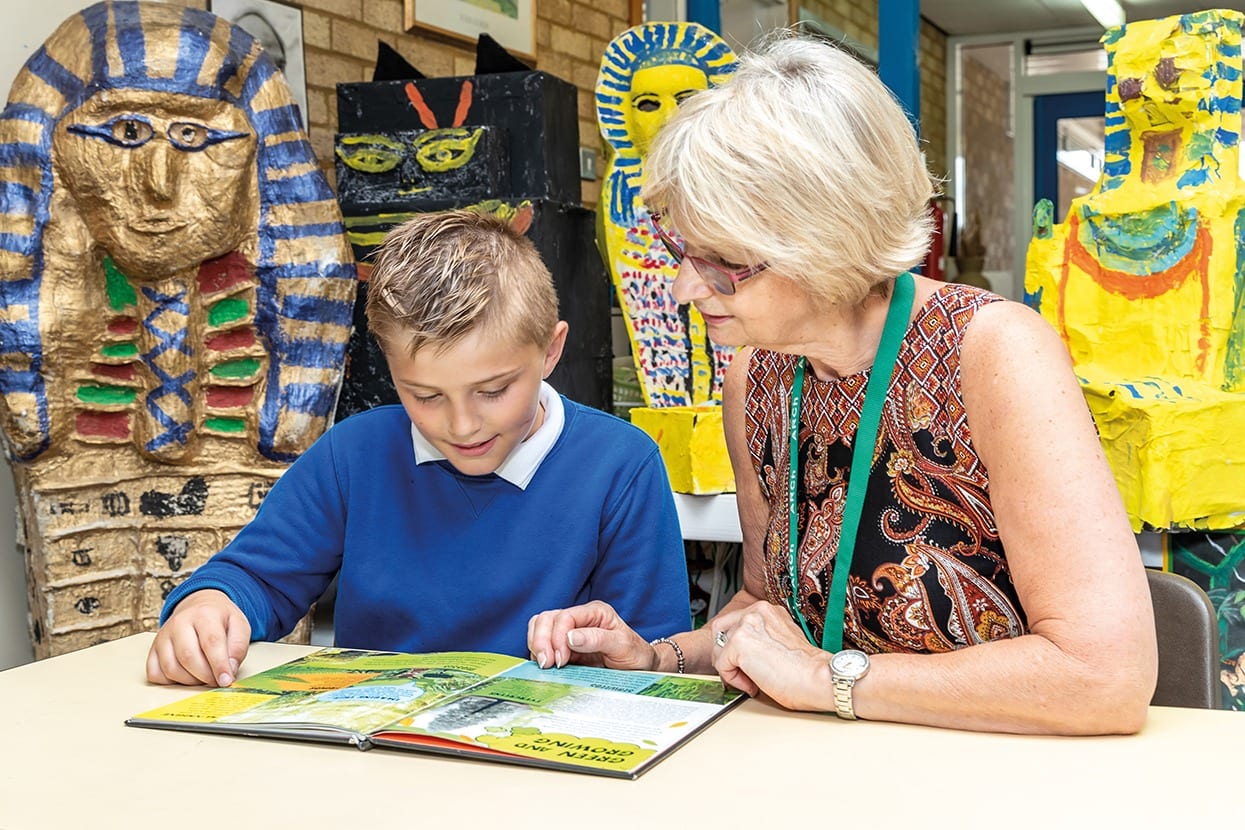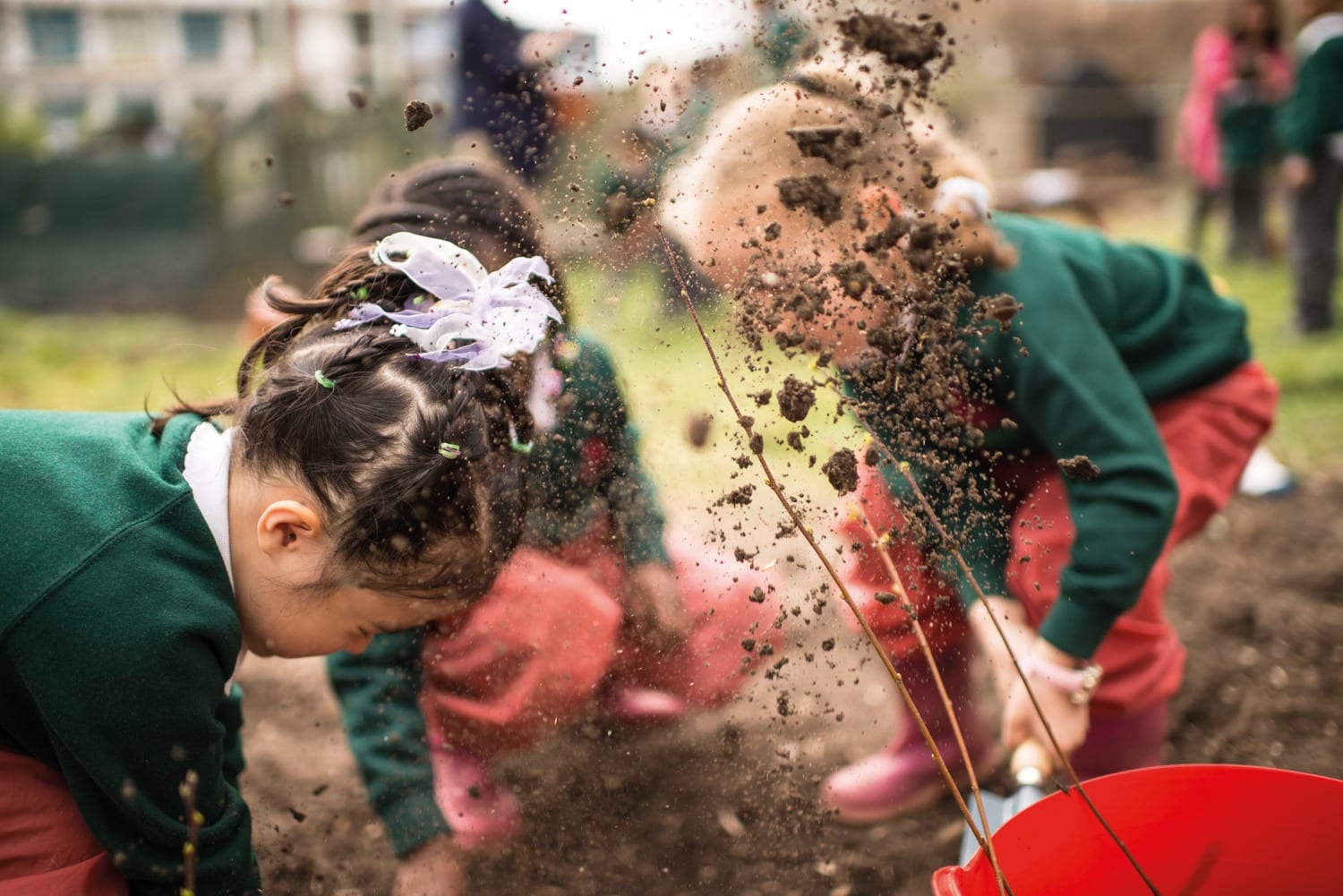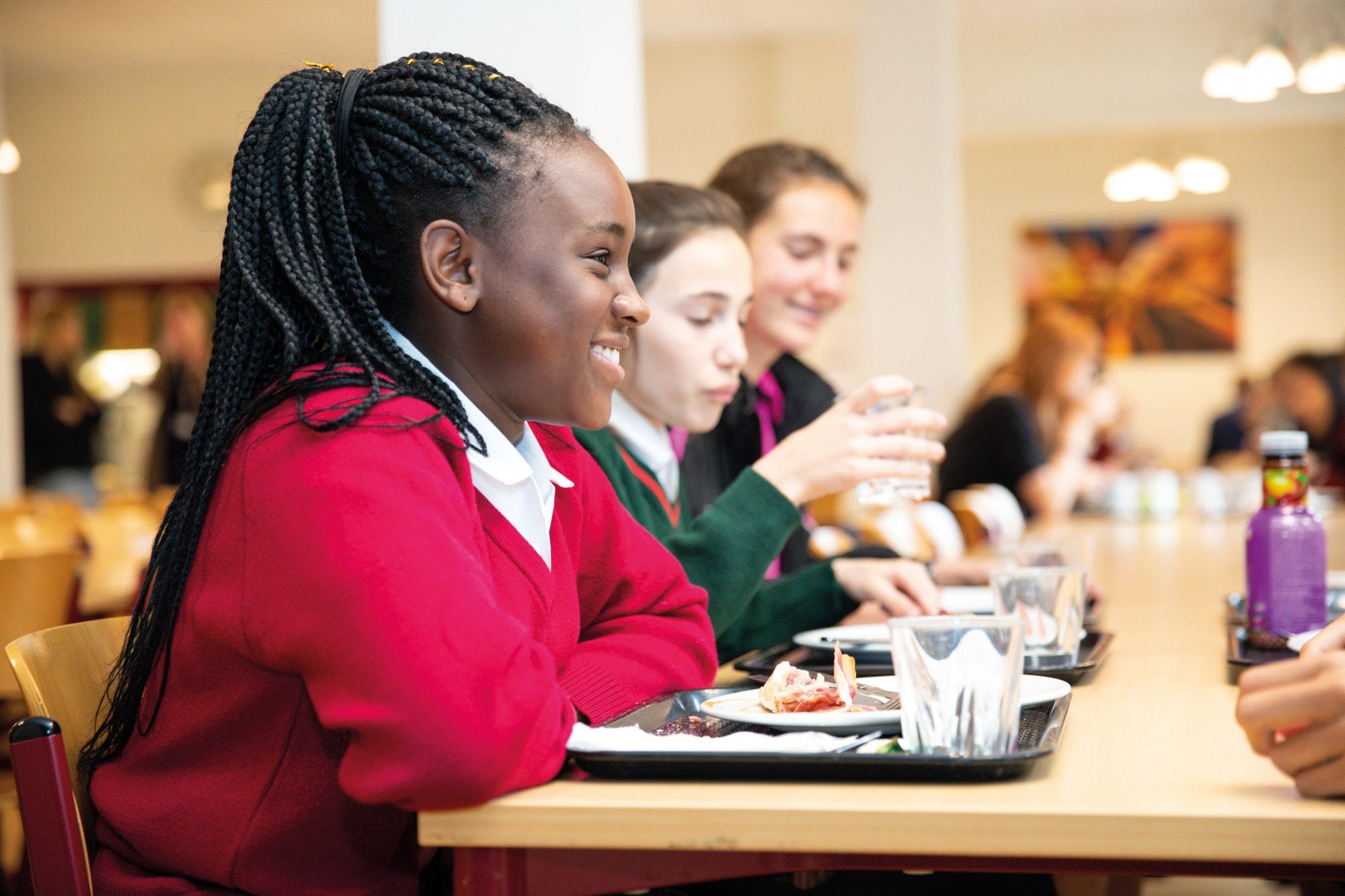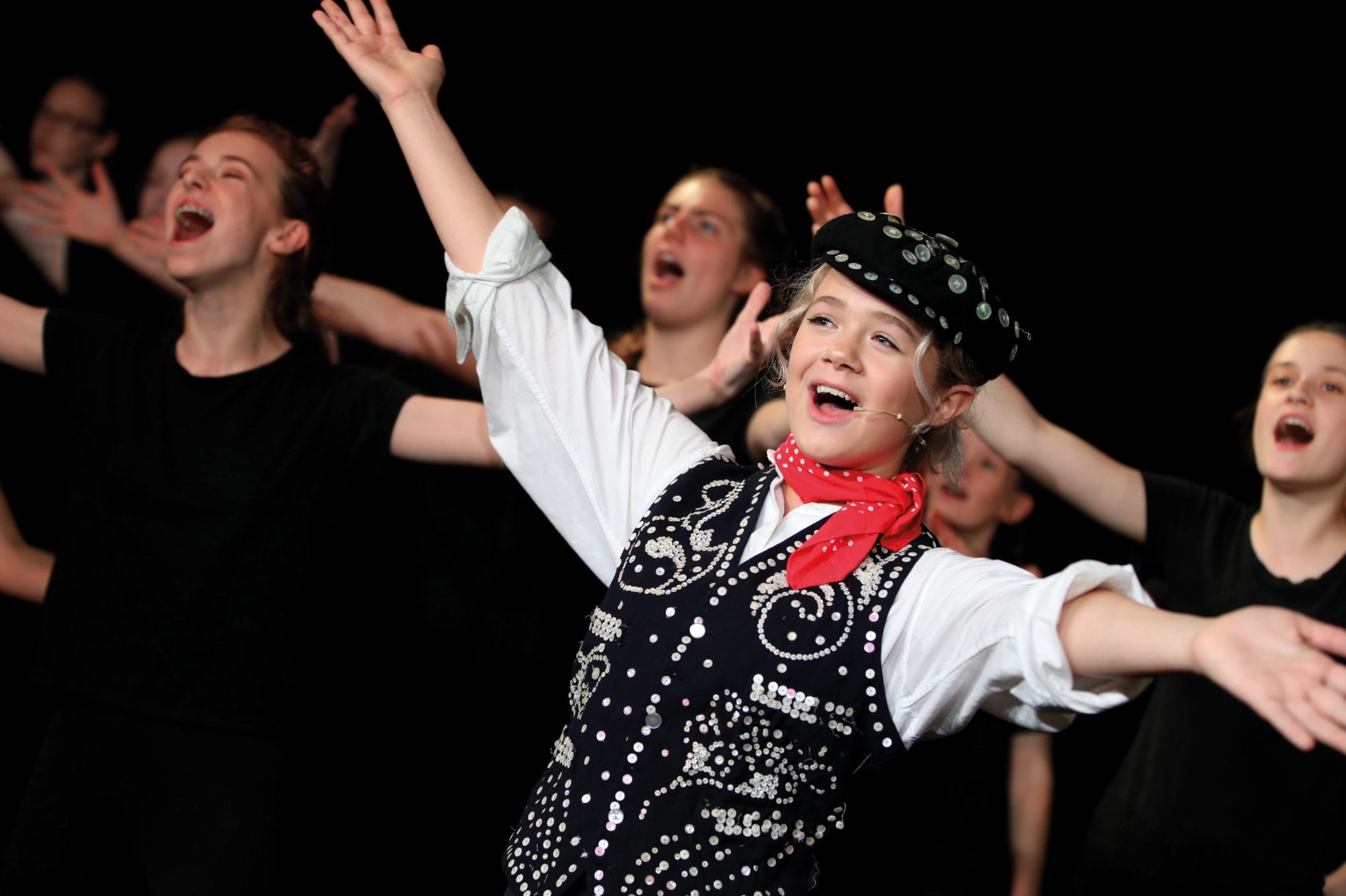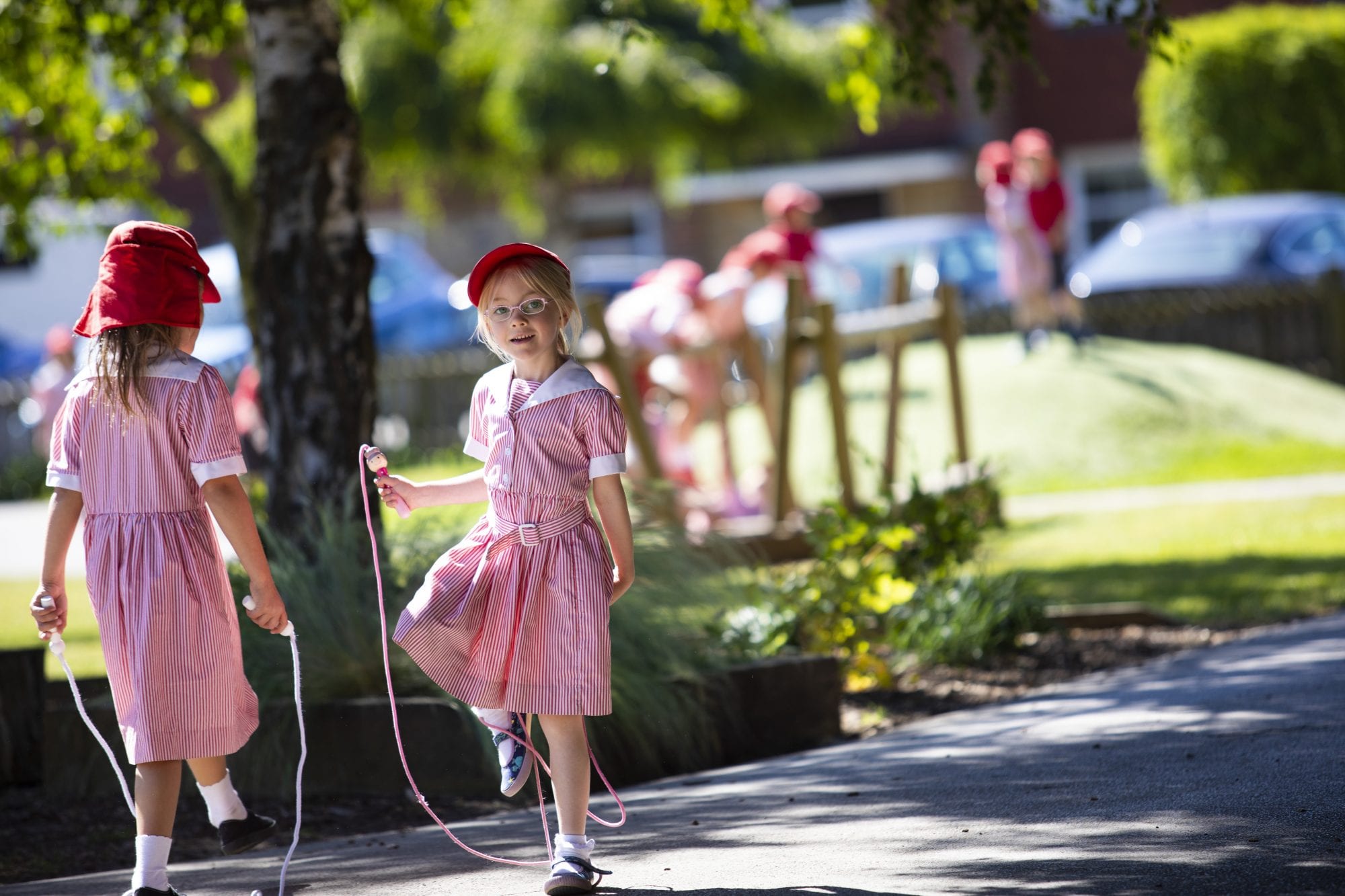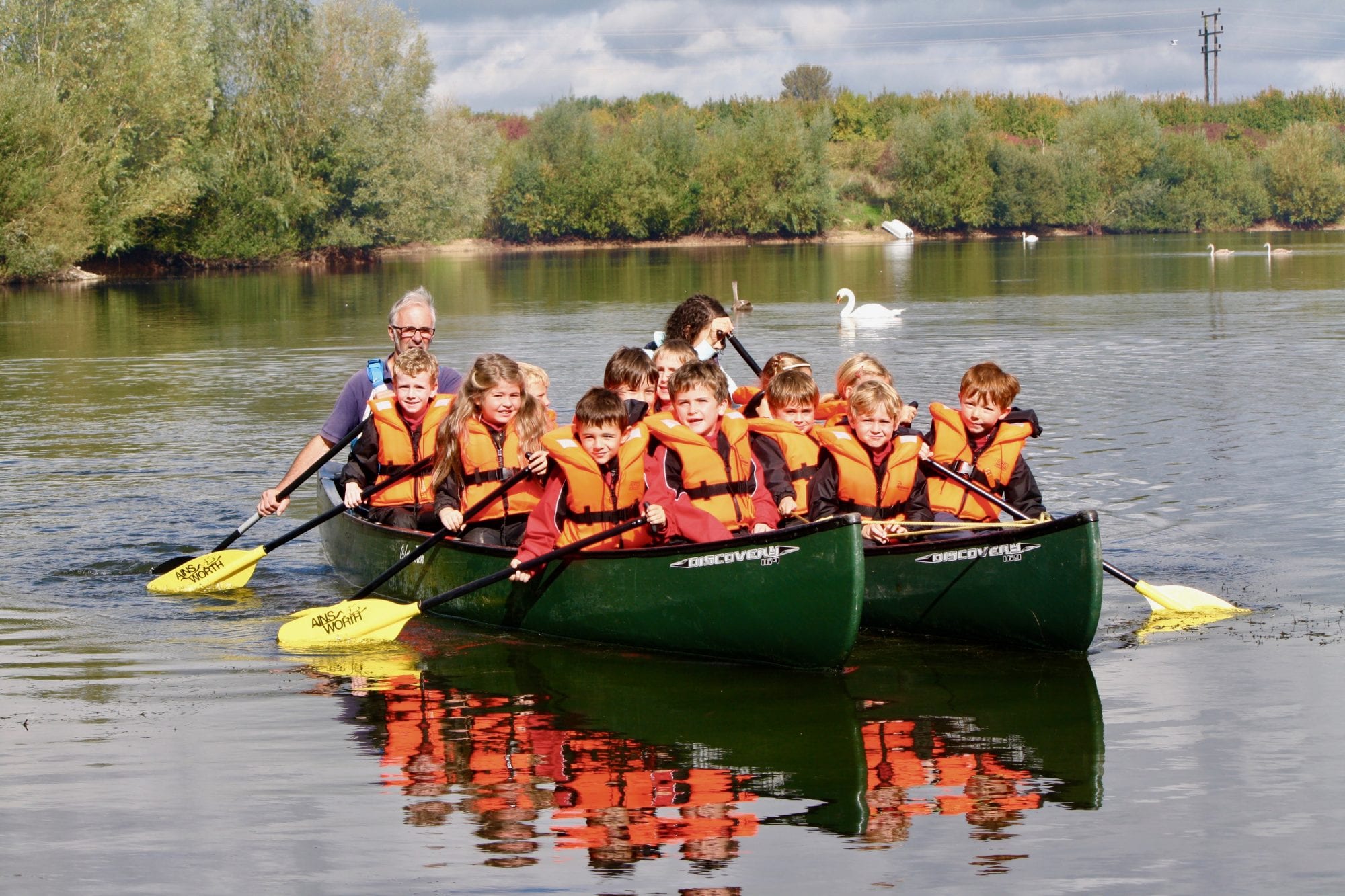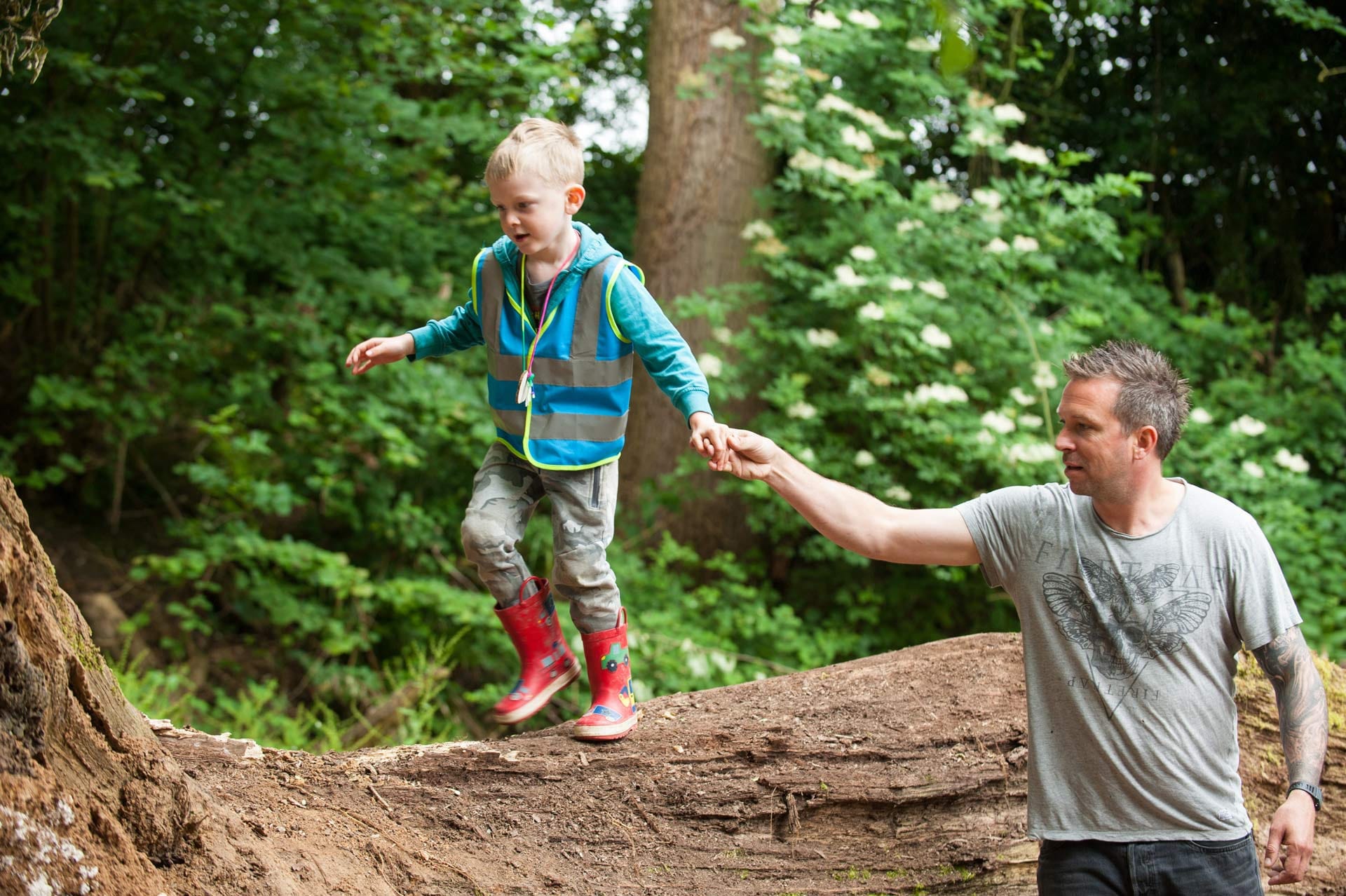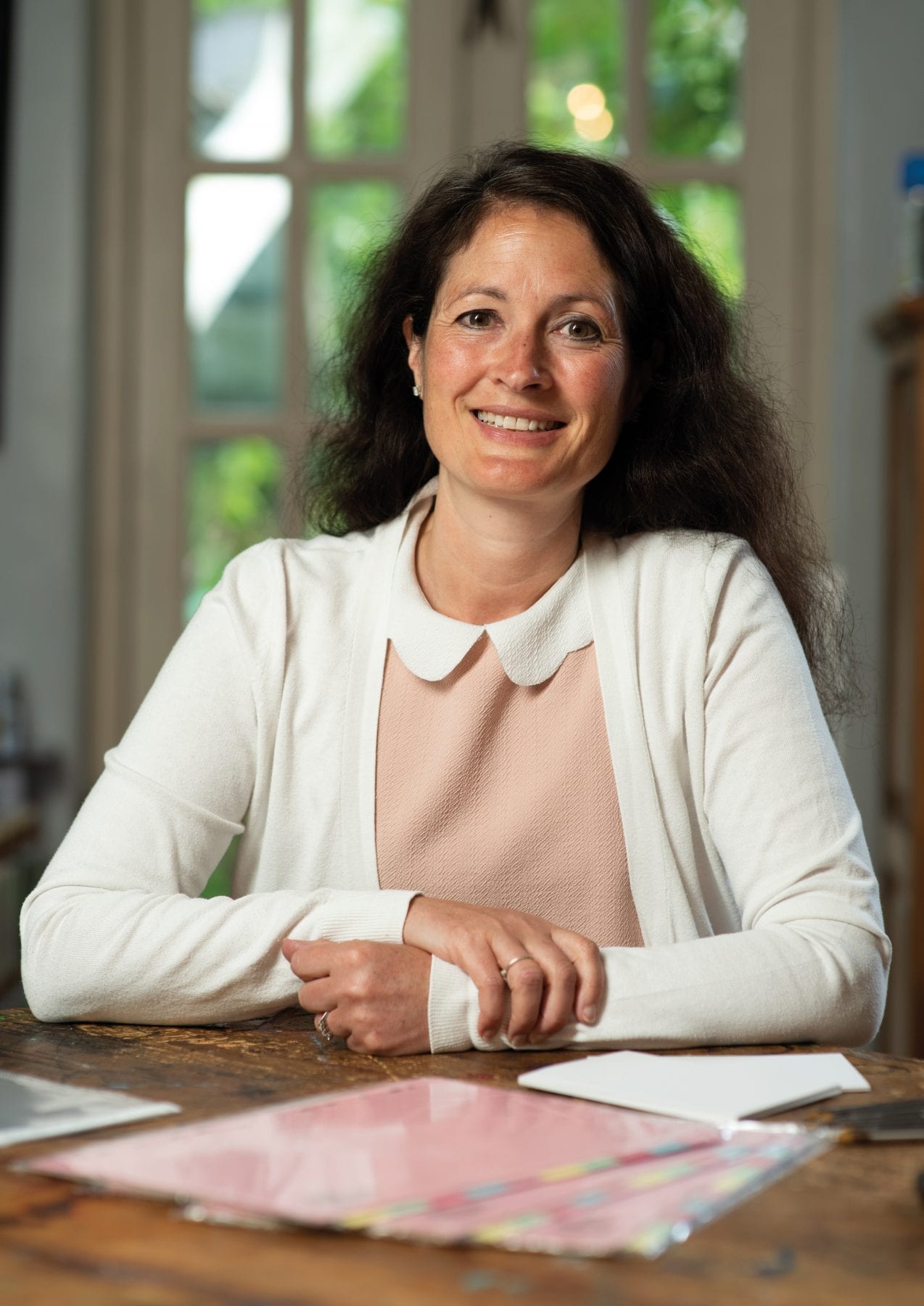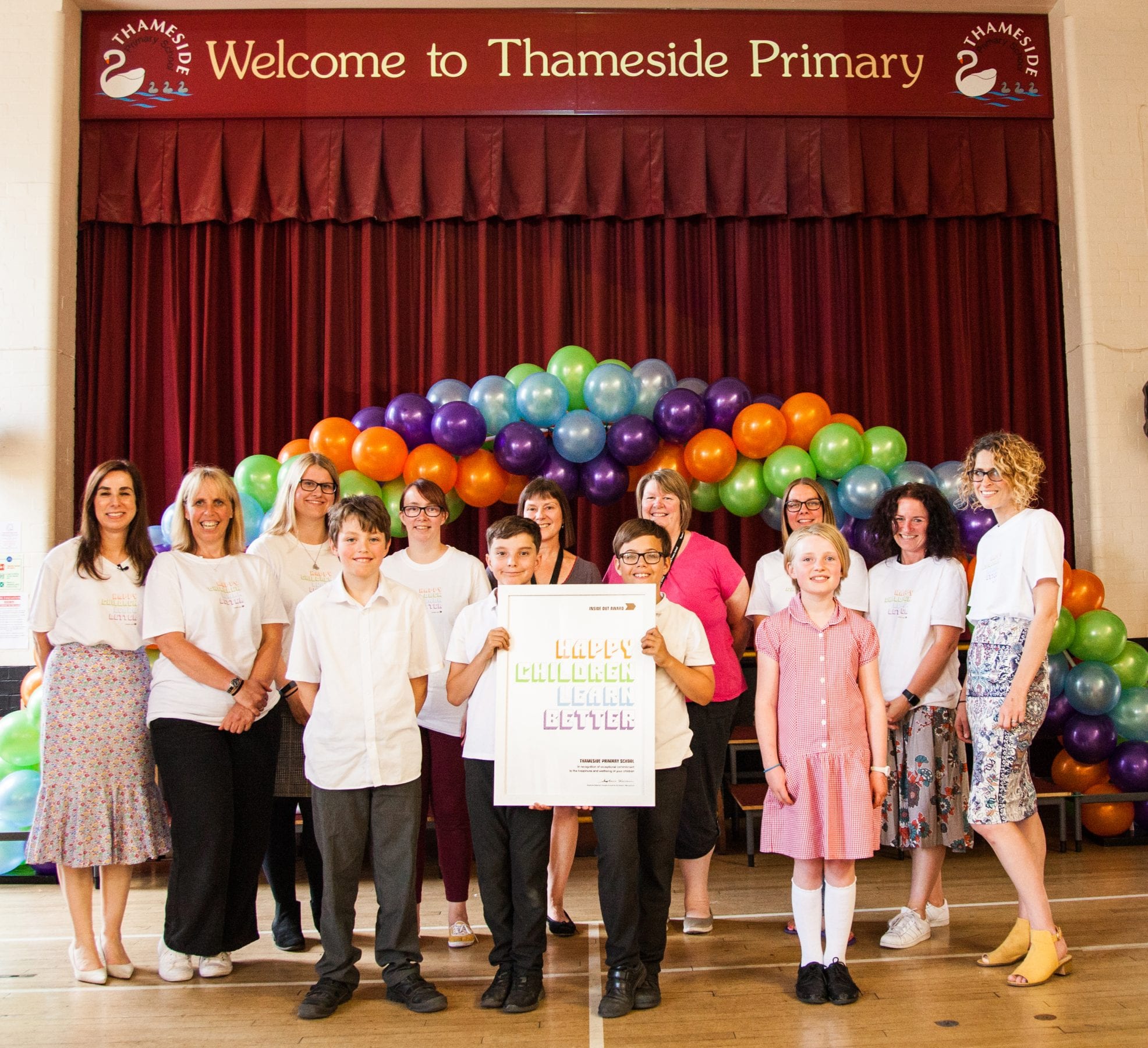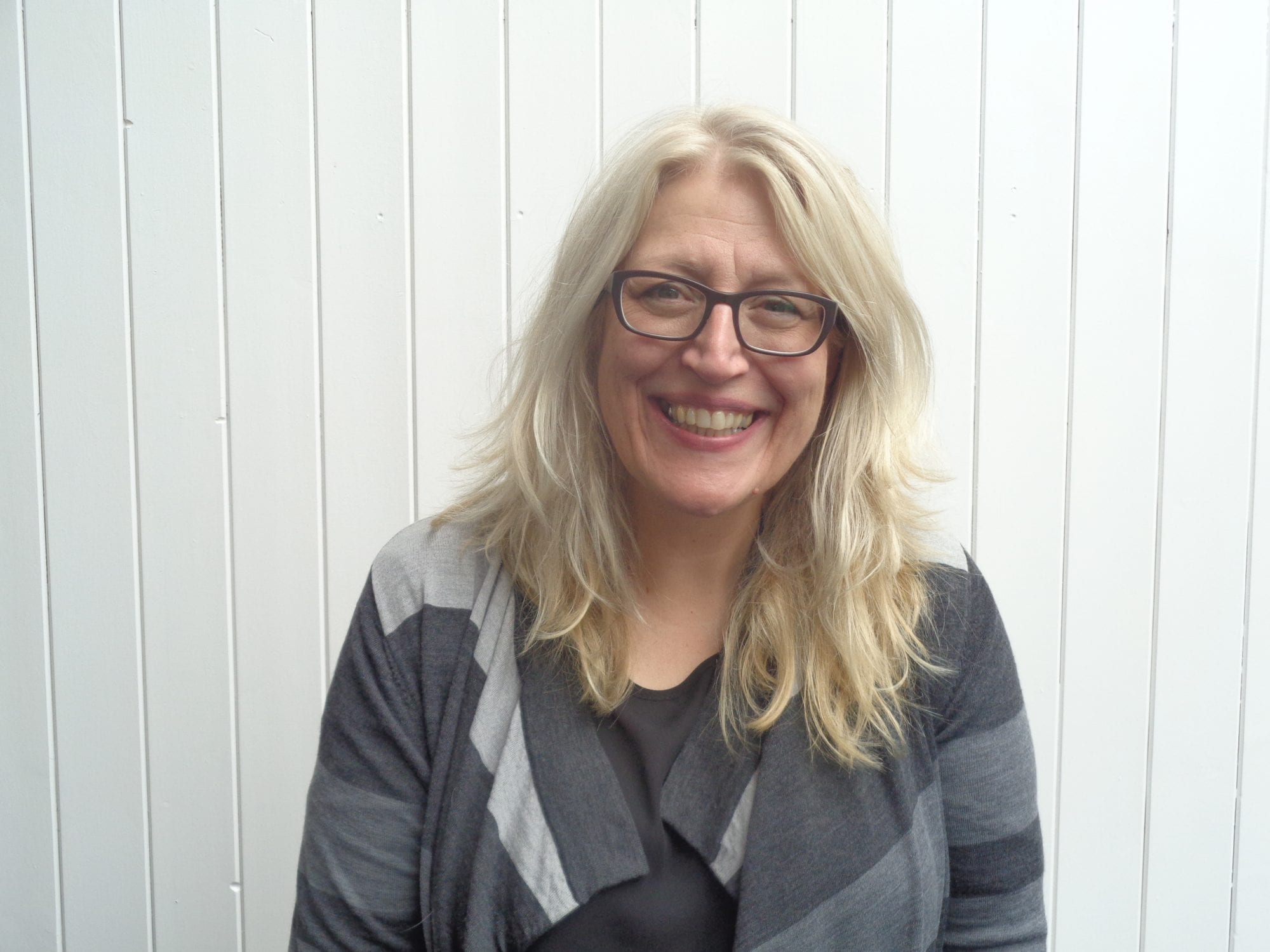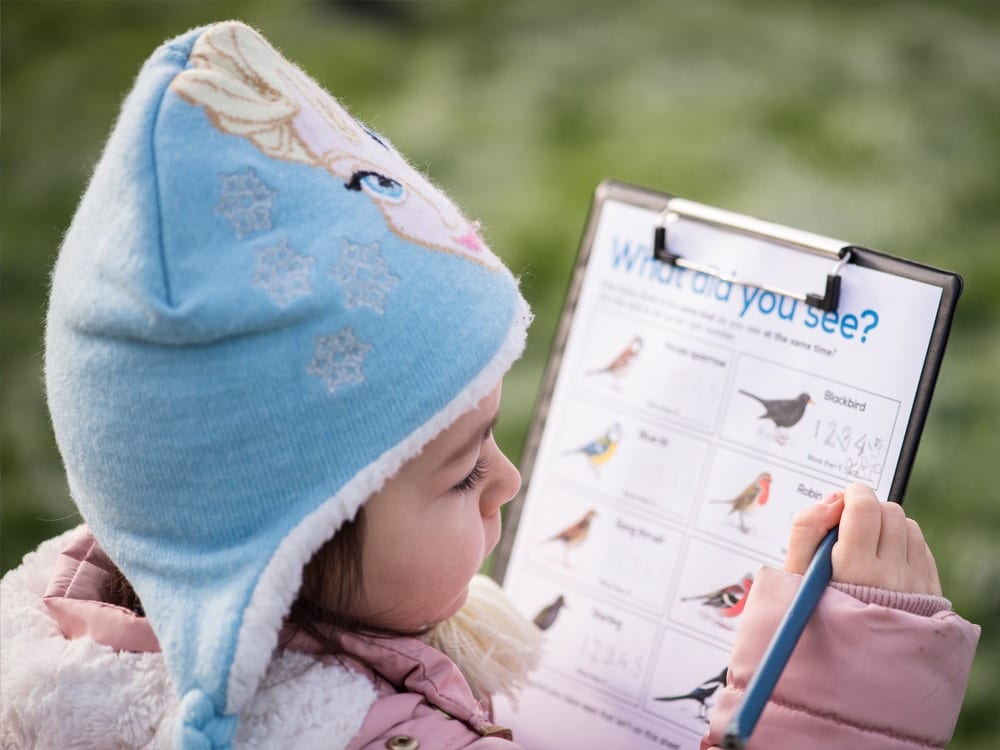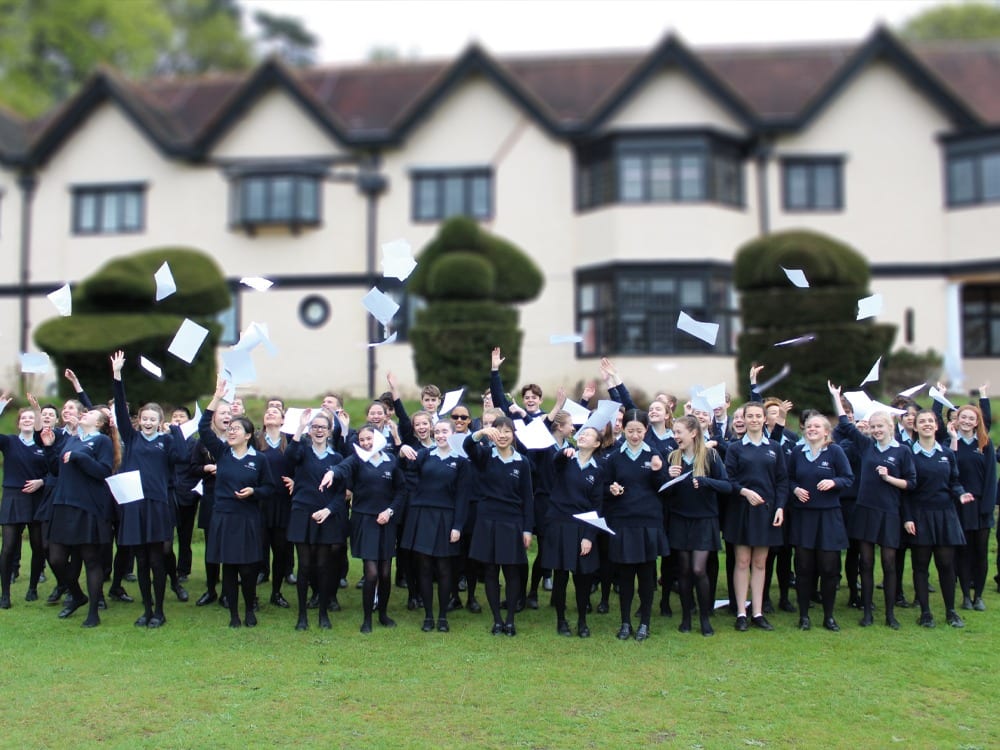Read more articles in our 2024 Education Guide
Short and part-time courses for adult learners, offered in person and online
Start or further your learning journey at any time of life with Oxford University’s Department for Continuing Education.
You’ll join a highly diverse and vibrant learning community embedded in a world-class university, formed of students of all ages, from all backgrounds and from all over the world.
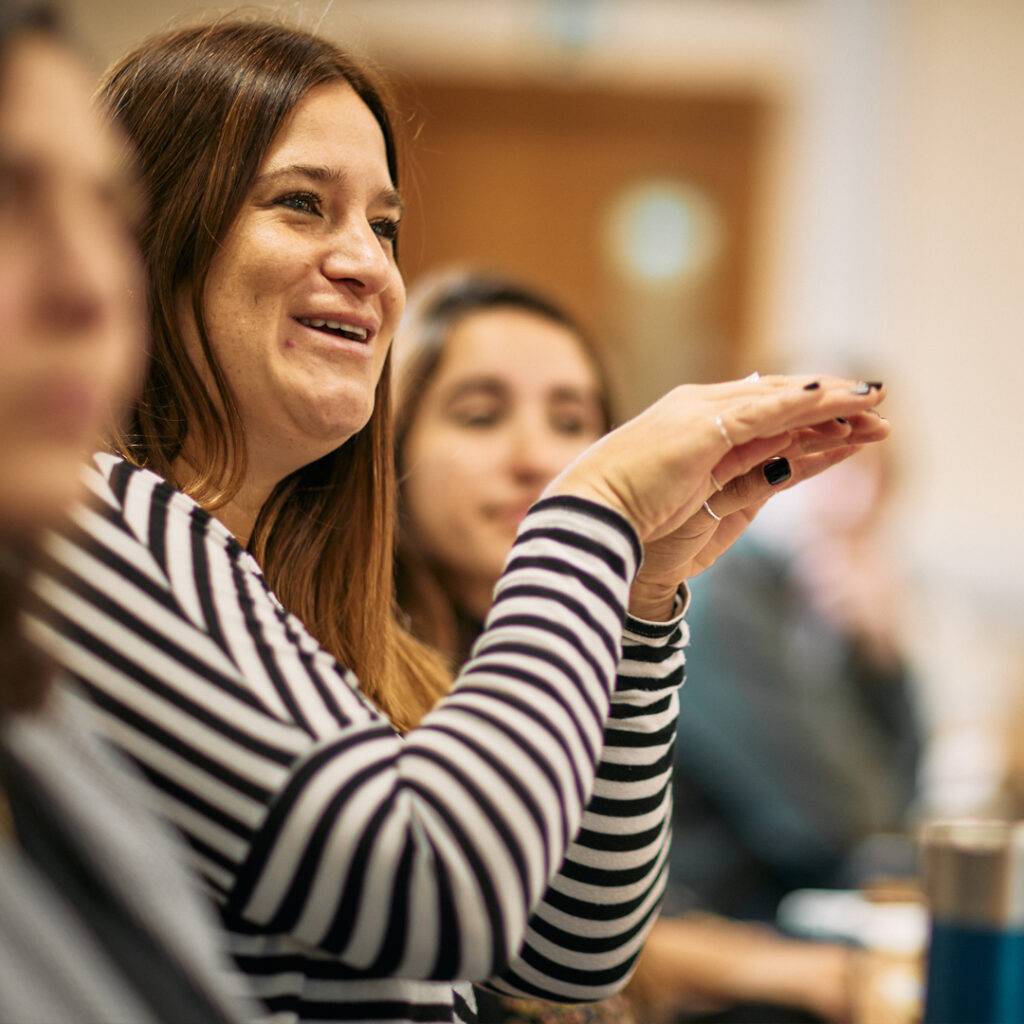

Students bring cultural diversity, breadth of knowledge and an openness to discovering more, providing a thriving community in which you can immerse yourself.
Courses designed for you
Explore the curious, mysterious or perplexing! Whether you wish to learn for personal interest or professional development, have previous experience or are a complete beginner, there is a course for you.
Short courses and events include day schools, weekend events, summer schools and weekly learning programmes and are offered in-person or online, with some delivered through hybrid teaching so you can choose how to join. Part-time undergraduate and postgraduate programmes are all designed for the specific needs of adult learners and are delivered in a range of formats including mostly or fully online, blended learning (a mix of online and in-person) or through regular in-person meetings.
Courses are offered in subject areas such as creative writing, literature, history, philosophy, technology, sustainability, economics, languages and more.

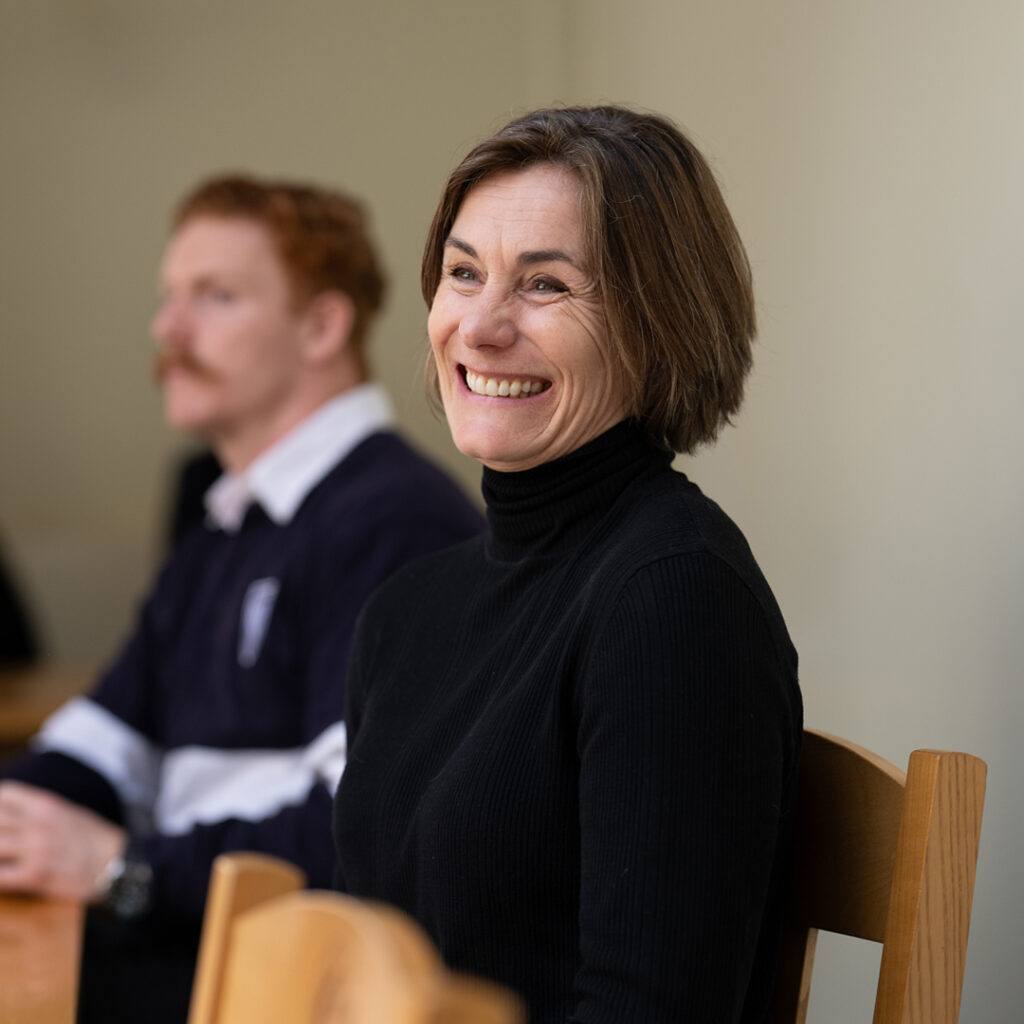
Learn from experts in their field
Learn, explore and debate with our highly skilled tutors and expert speakers, who all have a deep passion for their subject and a depth of knowledge in their field.
Many are working professionals, providing real-time practical insight and case studies, others are world-renowned for their research and contribution to developing knowledge and improvements in a particular area.
A global leader in adult education
Since its inception in 1878, the Department has offered a unique route into an Oxford education for adult learners. What the Department shares with the rest of the University is a commitment to excellence, to supporting every student to learn and grow, and to nurturing intellectual curiosity and self-confidence.
*To find out more, visit Courses | Oxford University Department for Continuing Education








